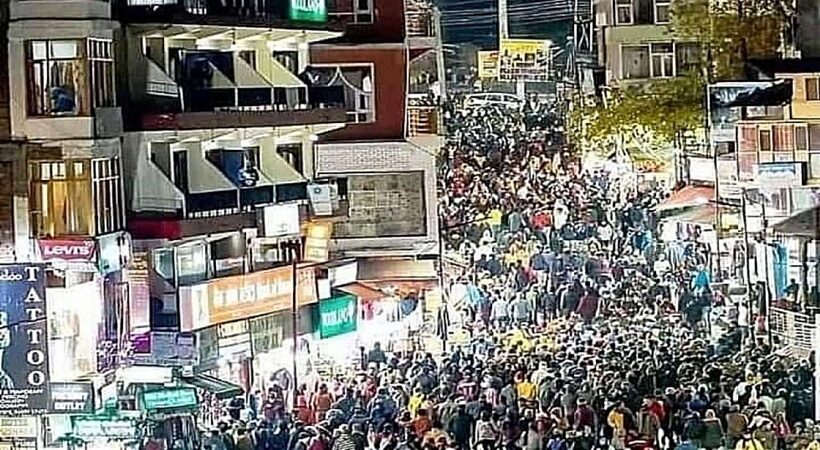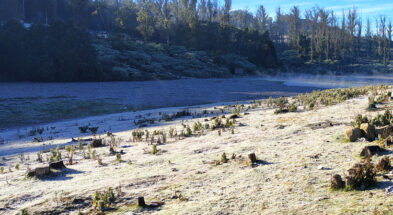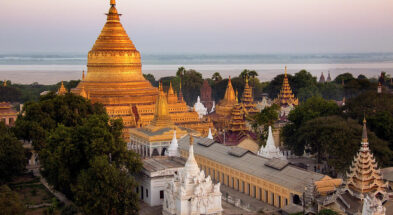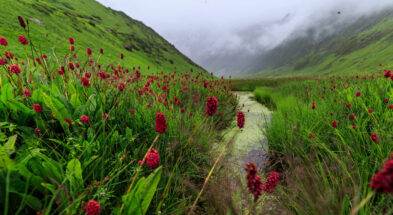The deadly second Covid-19 second wave caused widespread death and devastation in India. People across the country were locked inside the four walls of their homes. Covid norms made normal lives come to a halt.
We are living in strange times. Although it has been more than a year since the pandemic began, we are yet to get completely accustomed to the new way of living.
At a time like this, Indians are making the most of the unlock days. To break free from the lack of variation in life, they travel to someplace nice for a change.
This kind of tourism is referred to as “revenge travel”. Revenge travel is a phenomenon wherein people tend to break free from a monotonous routine. It often happens from a circumstance described as “lockdown fatigue” or exhaustion that stems from a mundane routine.
To put it more simply, when people are tired of following the same routine for days — afraid of stepping out due to the pandemic, constantly working from home — they wish to head to tourist destinations away from their hometown to escape the dullness and boredom of life.
Determined to make up for the days’ people had to remain cooped up inside, they began heading out for workcations, staycations and drive cations. People wish to break the new normal and get back to what was originally normal.
As soon as the Himachal Pradesh government relaxed the restrictions, including the mandatory RT-PCR test, thousands of tourists began journeying to the hills.
Viral images circulated over social media showed tourists boldly thronging the streets of Manali and other cities as the pandemic kept wreaking havoc.
Even as experts reiterated that the second wave of the Covid-19 pandemic is not over, more than five lakh tourists travelled to Himachal Pradesh after the Covid norms were relaxed.
The country expressed concerns over the situation — especially in Himachal Pradesh and Uttarakhand –, and the government warned of severe consequences. As the country fears the possibility of a third Covid wave, the Union Health Ministry has strictly warned tourists against revenge travel.



















